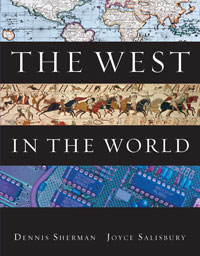1 A) True B) False 2 A) True B) False 3 A) True B) False 4 A) True B) False 5 A) True B) False 6 A) True B) False 7 A) True B) False 8 A) True B) False 9 A) True B) False 10 A) True B) False 11 A) True B) False 12 Chansons de geste were a popular form of love song characterized by strong female characters.A) True B) False 13 A) True B) False 14 A) True B) False 15 A) True B) False 16 A) True B) False 17 A) True B) False 18 A) True B) False 19 A) True B) False 20 A) True B) False 21 A) True B) False 22 A) True B) False 23 A) True B) False 24 A) True B) False 25 A) True B) False





